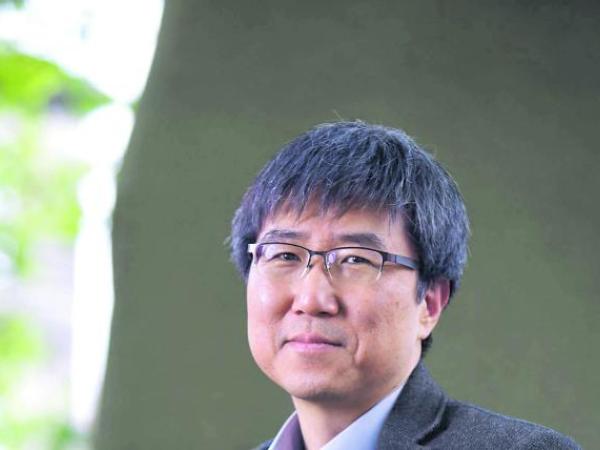Within the framework of a new economic model focused on social development strategies proposed by President Gustavo Petro, some economists have talked about how this can be done. Ha-Joon Chang, a South Korean economist, author of numerous books on economics and social development, explained that the region must think about reindustrialization to grow. However, he pointed out that even achieving this requires the redistribution of wealth.
(Steps to improve your score and apply for a credit in Colombia).
Have you already met with President Petro?
I was supposed to meet him, but it was postponed.
What are your expectations when they meet?
The country had so many difficulties with insurgencies and drug trafficking, it has not been easy. The protests of recent years have shown that the country needs a new economic model. I hope that the new government creates the framework for the new economy, because there is a need for national dialogue, with the private sector, the government, the popular sector, the indigenous communities, to sit down together and negotiate the direction of the economy and society. . It is probably a good thing that they have changed their government because then they can start a new conversation.
What is the path that the countries of the region must follow to diversify exports?
Unless they control the key technologies, they will not become strong economies. In my new book “Food Economy” I discuss that with examples, like the Germans and the English inventing synthetic chemicals and destroying profitable natural resource industries in Latin America.
Guatemala at one point was doing quite well based on cochineal, then the Germans invented the artificial pigment. They have to constantly update themselves in order to create new technologies and innovation. Unless they acquire that capacity to innovate, they will always be at the mercy of other economies.
The continent has potential, I think it is time that they re-examine the development model, because most of the countries in the region have experienced de-industrialization in the last 20, 30 years.
(Inflation, a big problem: experts predict how long it will last).
What are the areas that we should be reindustrializing?
There is no clear recommendation, in the end countries become good at things just because they decide to be. For example, can you think of any reason why the Koreans and Japanese should make cars? Americans have a lot of land, they need to drive, we don’t even have enough land to drive on. So it’s just because we decided we wanted to be good at making cars.
This is because the Korean government supported the companies by providing protection and subsidies, and the companies invested heavily in research and development. This is how a new Industry is built.
There are some obvious sectors, they have a great base in biodiversity, biology and medicine. But don’t let that limit you, because you can develop renewable energy technologies, artificial intelligence, nanotechnology, for example. But this is going to take time. One of the examples that have been used since the campaign is South Korea.
What are the learnings that we can take?
There are many lessons, but even when South Korea has achieved a lot, this is not a dream land, it has not managed to build a welfare state that fits this state of a developed country. We have the largest gender pay gap in the OECD, at 30%.
In terms of productive development, much has been achieved. The most important thing is that they have to continue investing in improving the economy, because if they stay put, they are actually going backwards. They have to study many different cases, they can find many interesting or totally unexpected examples.
Do you think that one of the paths could be entrepreneurship, for example?
Of course, capital is economy, entrepreneurship is the key. But the point is that in entrepreneurship there are often exceptional individuals. But when you look at those cases closely, you see that it takes a lot of different people working together to make those businesses successful. Normally, governments invest a lot in research and development so that companies can use them.
Skills in export marketing should also be provided, especially for small and medium-sized businesses.
What do you think of the debate that has been taking place on the redistribution of wealth and growth?
It is possible to redistribute without growing, but it will be much more difficult to do. Countries often try to improve people’s lives by growing faster, but the problem is that in some countries the economic mechanism is such that growth is not filtered too much. I am not necessarily commenting on the situation in Colombia.
Mechanisms need to be created through which everyone can benefit from the growth process. I do not agree with people who say that you should grow first and then distribute, because some degree of redistribution is necessary and really beneficial for growth.
I am not saying that redistribution is necessary or not necessary at this time in Colombia. That can only come from sufficient local knowledge. What I can say clearly is that redistribution and growth are not necessarily incompatible. That is a myth.
Daniela Morales Soler
BRIEFCASE















